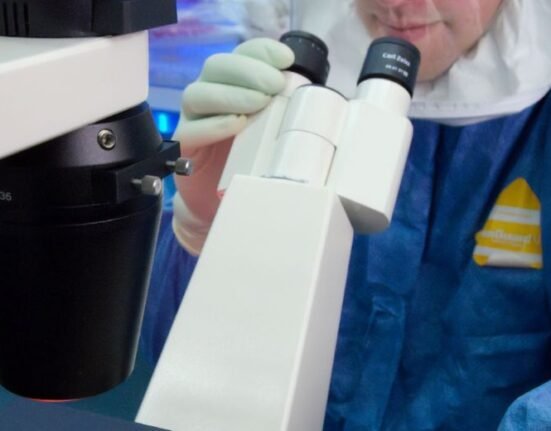HQ Team
January 5, 2023: A long-term study of adolescents and their overuse of digital technology reveals that the need for constant validation on social media is likely to lead to changes in their brains.
Researchers at the University of North Carolina at Chapel Hill report that adolescents’ brains may become more sensitive when anticipating social rewards and punishments over time with increased social media usage.
“The findings suggest that children who grow up checking social media more often are becoming hypersensitive to feedback from their peers,” said Eva Telzer, a professor in UNC-Chapel Hill’s psychology and neuroscience department and a corresponding author.
Researchers followed the social media habits of169 students from public middle schools in rural North Carolina over three years. They reported on their usage of three popular social media platforms — Facebook, Instagram and Snapchat. Their answers ranged from less than once to more than 20 times a day. They underwent yearly brain imaging sessions while completing a social incentive delay task that measured brain activity when anticipating social feedback from peers in the form of likes, comments, notifications and messages.
“While this increased sensitivity to social feedback may promote future compulsive social media use, it could also reflect a possible adaptive behavior that will allow teens to navigate an increasingly digital world,” says Maria Maza, a doctoral student in psychology and one of the study’s two lead authors.
“These social inputs are frequent, inconsistent and often rewarding, making them especially powerful reinforcers that can condition users to check social media repeatedly,” said Kara Fox, co-lead author of the study and a doctoral student in psychology.
Teen response to screen time
Researchers have found differing evidence of teen response to screen time. For example, a 2019 study found that television and social media activity correlated with increased symptoms of depression in teens, while video game and computer use had little negative effects.
Other studies have shown that 78% of 13- to 17-year-olds report checking their mobile devices at least hourly; 35% of teens report using at least one of the top five social media platforms almost constantly. The study findings suggest that checking social media repeatedly among young teens ages 12 to 13 may be associated with changes in how their brains develop over a three-year period. The brains of adolescents who checked social media often – more than 15 times per day, became more sensitive to social feedback.
“Most adolescents begin using technology and social media at one of the most important periods for brain development during our lifetime,” said co-author Mitch Prinstein, who also serves as the chief science officer for the American Psychological Association. “Our research demonstrates that checking behaviors on social media could have long-standing and important consequences for adolescents’ neural development, which is critical for parents and policy-makers to consider when understanding the benefits and potential harms associated with teen technology use.”
The study can be found here.




